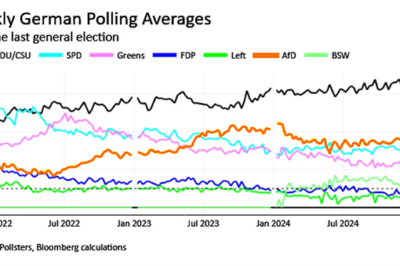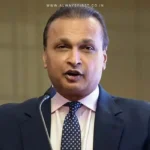
Key Highlights:
- Elon Musk Endorses AfD:
- Billionaire Elon Musk, known for his influence in global politics, has thrown his support behind the far-right Alternative for Germany (AfD) party.
- His op-ed in Welt am Sonntag branded AfD as Germany’s “last spark of hope,” sparking outrage across Germany and internationally.
- Political Shifts Ahead of Snap Elections:
- Germany faces pivotal elections on February 23, with the AfD polling at 19% nationally, becoming the second-strongest party.
- Traditional parties like the Social Democrats (SPD) and the Christian Democratic Union (CDU) struggle to retain voter confidence.
- Economic Woes Amplify Populism:
- Rising inflation, energy costs, and economic stagnation have eroded public trust in mainstream parties, creating fertile ground for populist rhetoric.
The Fallout
- Widespread Criticism:
- Political Leaders: Chancellor Olaf Scholz accused Musk of spreading dangerous rhetoric, emphasizing that democracy cannot be influenced by the loudest voices.
- Media and Public Sentiment: Welt am Sonntag’s opinion editor resigned over the platforming of Musk’s op-ed, and the German Association of Journalists criticized it as political advertising.
- Impacts on Germany-EU Relations:
- Musk’s support for the AfD and its anti-EU agenda could destabilize Germany’s leadership role within the European Union.
Global Context
Musk’s involvement in Germany follows his active role in US politics:
- A major donor to Donald Trump’s 2024 presidential campaign, contributing $200 million through America PAC.
- Leveraged his ownership of X (formerly Twitter) to amplify Trump’s messaging and participate in campaign rallies.
This transatlantic populist wave raises concerns about billionaire influence in global democratic processes.
Curious Corner
What challenges do you think billionaire-backed endorsements bring to the sanctity of global democracies?









































Leave a Reply